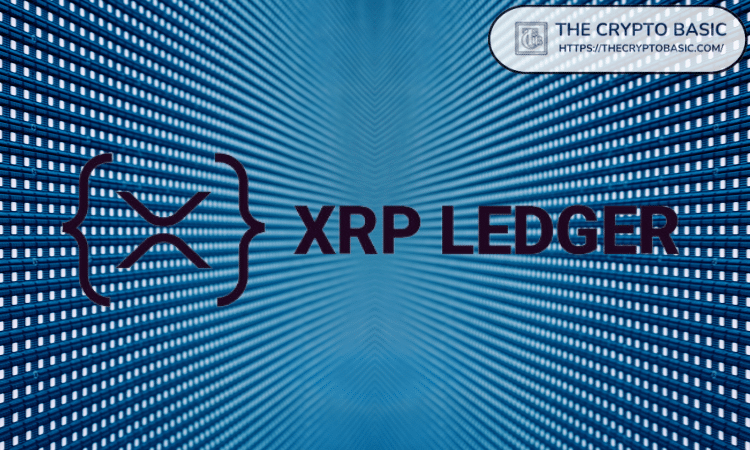A market commentator calls attention to the potential impact a revival of the smart contracts platform Codius could bring on the XRP Ledger (XRPL).
For context, Stefan Thomas, former Ripple Chief Technology Officer (CTO) and now CEO of Coil, recently revealed plans to develop a new version of Codius, the smart contract platform he pioneered.
Thomas shared the update on a recent Future Money podcast, mentioning that it remains early to discuss specifics. His announcement has triggered comments, with industry pundits like Max Avery highlighting the potential impact this could have on the XRPL.
Codius’ Core System
In a recent thread on X, Avery, a market commentator and trade consultant, pointed out that Codius could be a major addition to the XRP ecosystem.
Stefan Thomas, former @Ripple CTO, announced he’s working on a new version of #Codius – This is huge for the #XRP Ledger ecosystem. Here’s why it’s a big deal: 1/12 🧵
— Max Avery (@realMaxAvery) October 27, 2024
Originally introduced in 2014, Codius set out to create an open-source framework for hosting decentralized applications (dApps) that allows for greater scalability and flexibility than traditional blockchain platforms.
Avery noted that if reintroduced successfully, Codius could help enhance XRPL’s capabilities by enabling off-chain smart contract processing and a scalable application layer.
Why Codius is Important for XRP Ledger
Thomas initially conceived Codius as a hosting platform that could enable smart contracts to operate beyond the limitations of a single blockchain.
Unlike typical blockchain-based smart contracts, Codius operates on a peer-to-peer network, allowing decentralized hosting. Avery believes this flexibility could present the XRP Ledger with a unique advantage in the smart contract space.
As it processes contracts off-chain, Codius could reduce the computational strain on XRPL, preserving its high transaction speeds. The design would allow XRPL to maintain its low fees and rapid transaction rates, despite the building and execution of complex applications.
Also, Codius boasts language flexibility. As a result, developers can use widely adopted programming languages such as Java and C++ to write smart contracts. This makes the platform accessible to a larger pool of developers.
Avery suggested that this open-ended approach could attract new talent to the XRP ecosystem. According to him, the effect could lead to a rise in innovative dApps that would contribute to XRPL’s growth and adoption.
Interoperability and Scalable Application Layer
Codius also boasts interoperability with multiple blockchains and payment networks. Notably, this makes the platform an adaptable solution for cross-ledger interactions.
Avery noted that the cross-compatibility syncs with Ripple’s broader vision of an “Internet of Value,” where digital assets and real-world currencies move seamlessly across networks.
As Codius facilitates these interactions, XRPL could become a central infrastructure for decentralized finance (DeFi) and cross-border payments, bolstering transaction volume on the ledger.
In addition, Codius’s scalable application layer means an adequate distribution of computational tasks. This would help reduce congestion on XRPL itself. By handling resource-intensive tasks off-ledger, Codius allows the XRP Ledger to operate with minimal lag.
New Use Cases for XRPL
The reintroduction of Codius could unlock an array of use cases across industries, particularly in areas like micropayments and the Internet of Things (IoT).
Given XRPL’s low transaction fees, Codius-powered applications could adopt XRP for cost-effective microtransactions.
Avery also pointed out that content monetization platforms, where micropayments are important, could find value in this functionality. Codius could drive new types of transactions through XRPL by managing the contract logic off-ledger.
In addition, Avery suggested that the revival of Codius might create fresh incentives for developers to build on XRPL, thanks to its language-agnostic framework and the freedom to integrate external data sources.
DisClamier: This content is informational and should not be considered financial advice. The views expressed in this article may include the author’s personal opinions and do not reflect The Crypto Basic opinion. Readers are encouraged to do thorough research before making any investment decisions. The Crypto Basic is not responsible for any financial losses.











